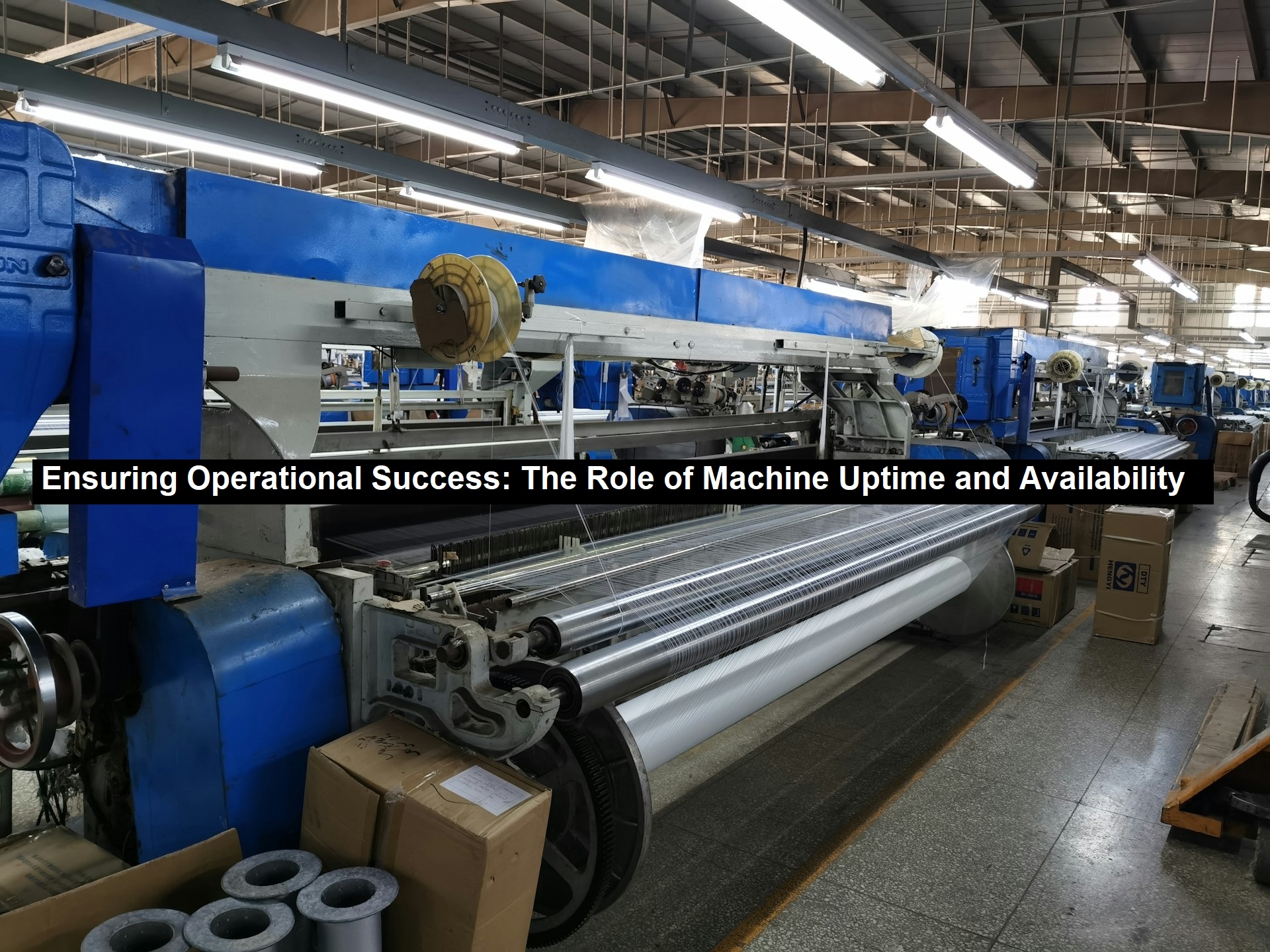In the industrial and manufacturing sectors, maintaining high levels of machine uptime and availability is crucial for operational success. Machine uptime, which refers to the percentage of time that equipment is functional and in use, is a key indicator of the reliability of machinery and the effectiveness of maintenance practices. High uptime is essential for ensuring continuous production and minimizing the costs associated with downtime.
Machine availability, on the other hand, takes a broader view, encompassing not only uptime but also the readiness of equipment to be used when needed. High availability is vital for maintaining a smooth production process, as it ensures that machinery is always ready to operate, preventing delays and bottlenecks in production.
To achieve high machine uptime and availability, companies must adopt a proactive approach to maintenance and equipment management. Preventive maintenance, which involves regular, scheduled upkeep to prevent unexpected equipment failures, is one of the most effective strategies. By identifying and addressing potential issues before they escalate, companies can ensure that their machinery remains operational and available, thus minimizing downtime and its associated costs.
The quality of the equipment itself is also a critical factor in maintaining high uptime and availability. Investing in reliable, high-quality machines can significantly reduce the frequency of breakdowns and the need for repairs. In addition, well-trained operators and maintenance staff are essential for maintaining smooth operations. Skilled personnel can quickly identify and resolve issues, further contributing to higher uptime and availability.
Read: Measuring and Enhancing ROI Through Employee Engagement
Metrics such as Mean Time Between Failures (MTBF) and Mean Time to Repair (MTTR) are valuable tools for measuring machine uptime. MTBF provides insights into the reliability of equipment, while MTTR measures the efficiency of maintenance processes by indicating the average time required to repair equipment and return it to operational status. These metrics are essential for assessing the effectiveness of maintenance practices and identifying areas for improvement.
To further improve machine uptime and availability, companies can adopt advanced strategies such as predictive maintenance. This approach uses sensors and data analytics to predict potential machine failures before they occur, allowing for timely interventions that prevent downtime. Regular equipment inspections and upgrades to newer, more reliable models are also effective ways to enhance uptime and ensure that machinery is always ready for use.
Mastering Machine Uptime and Availability was created by Advanced Technology Services, an organization offering exceptional industrial plant maintenance services
In conclusion, achieving high levels of machine uptime and availability is essential for maintaining efficient and cost-effective operations in the manufacturing industry. By focusing on preventive and predictive maintenance, investing in high-quality equipment, and ensuring that staff are well-trained, companies can maximize productivity, reduce costs, and enhance customer satisfaction.



